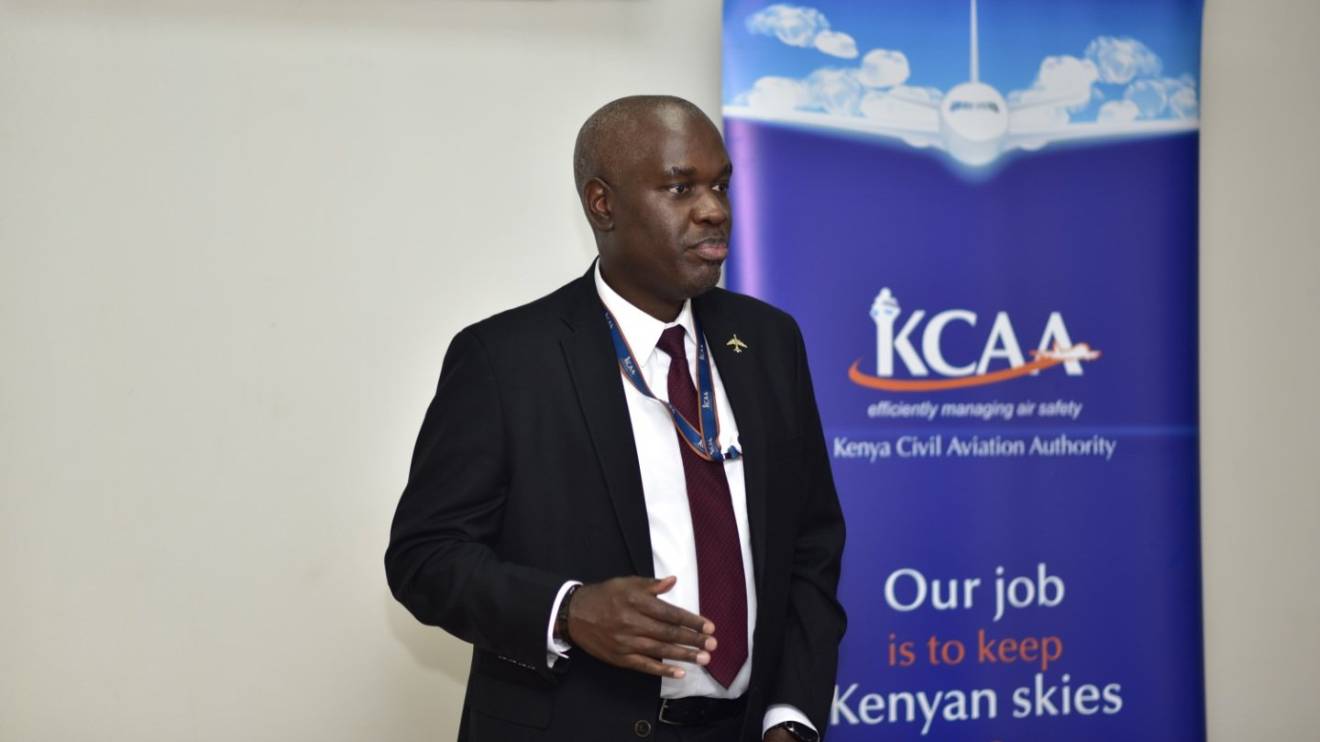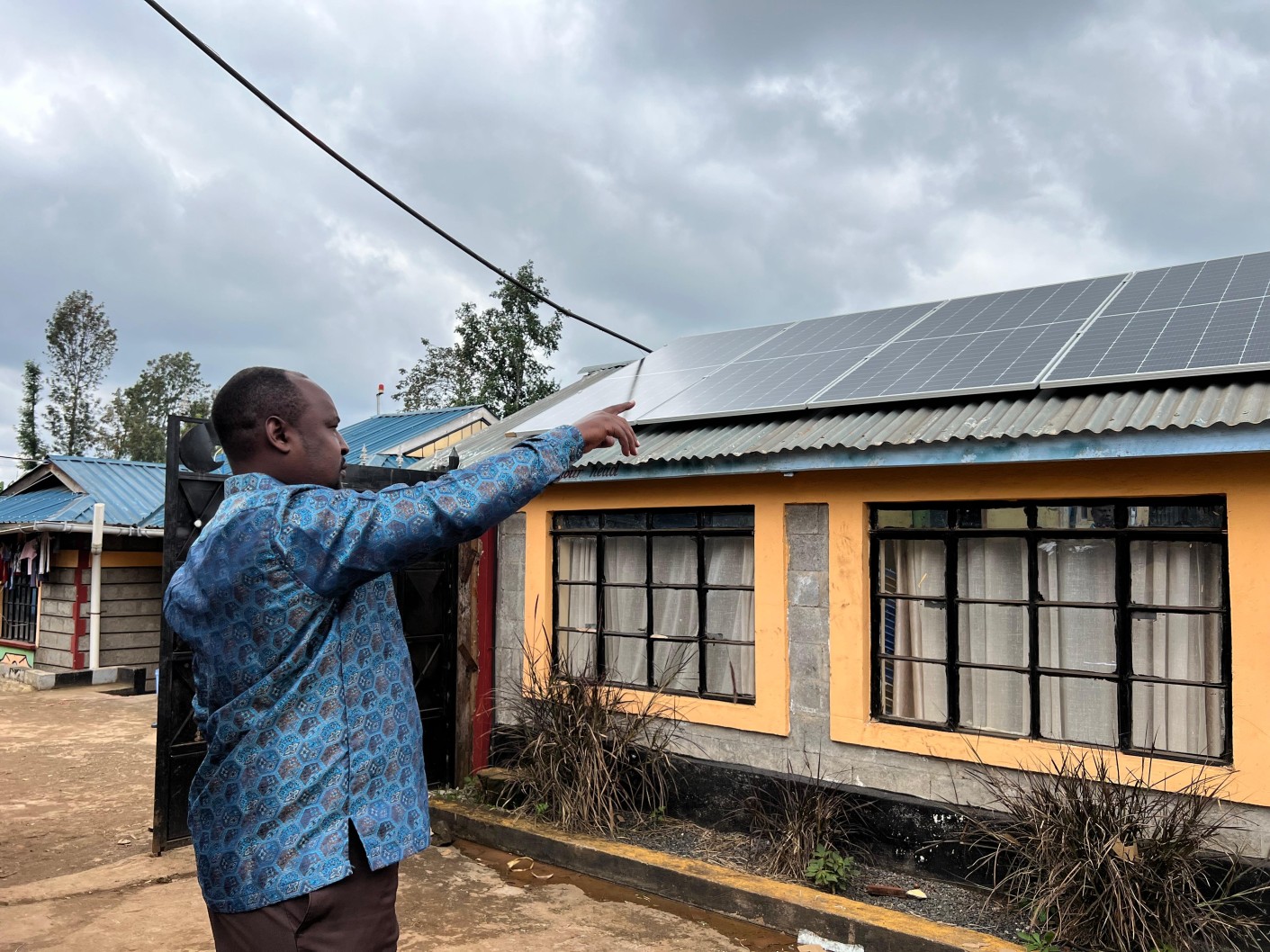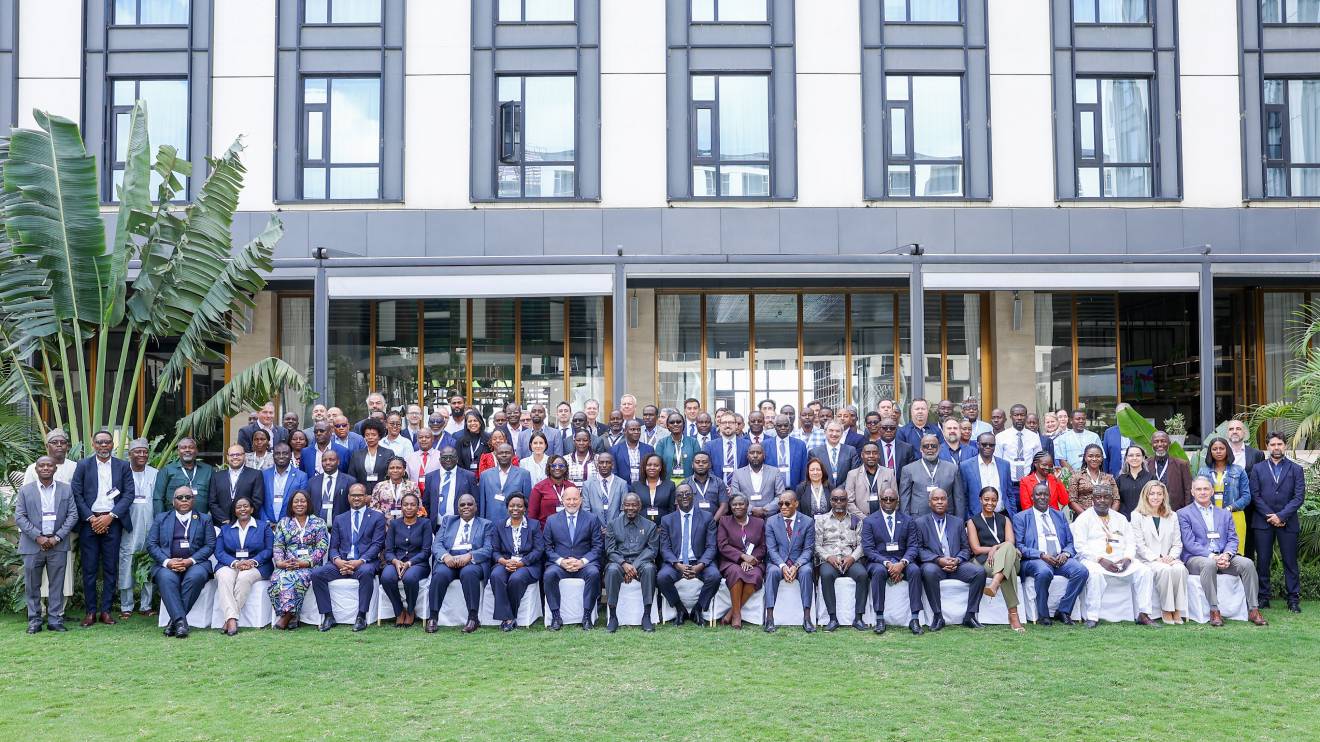Private companies operating in Kenya are facing a freeze in funding as the International Finance Corporation (IFC) prioritise environmental, social, and corporate governance (ESG).
In a groundbreaking shift, the IFC has declared that it will no longer provide funding to private sector entities that do not adhere to or report on these critical considerations, potentially leaving numerous firms in the region on the sidelines of concessional lending.
ESG standards, which evaluate the impact of business practices on the natural environment, surrounding communities, and employees in the pursuit of profits, have taken centre stage in the corporate world.
The Central Bank of Kenya (CBK) has joined the regulatory push, requiring its regulated entities, primarily banks, to report on their ESG practices.
Mary Peschka, the IFC's regional director for East Africa, has emphasized the non-negotiable nature of the corporation's commitment to ESG principles.
Read More
"For us, it's not a trade-off. We will walk away from projects that have clients or sponsors that won't commit to our ESG standards," she affirmed.
The IFC conducts thorough due diligence on ESG fronts when engaging with clients, and developing plans to address identified gaps. If clients fail to bridge these gaps, IFC is prepared to discontinue its involvement.
This policy implies that private sector businesses in Kenya failing to adhere to or report on ESG issues will lose access to IFC's concessional lending facilities.
Currently, only banks in Kenya are required by the CBK to report on ESG issues, though some companies listed on the Nairobi Securities Exchange voluntarily disclose their practices.
Despite the lack of mandatory ESG reporting requirements across the East African region, experts argue that the increasing consciousness of consumers about environmental and social issues makes ESG commitments essential for private businesses' profitability.
Peschka underscored this point, stating, "ESG is good business. It's not just because it's the nice or morally right thing to do. There's lots of research that shows it translates to the positive bottom-line."
Last year, IFC proactively launched a subsidized ESG consultancy program for Kenyan companies in key sectors such as manufacturing, agribusiness, finance, and affordable housing.
This initiative, already implemented in Rwanda, South Africa, and Tunisia, extends its services to Uganda, Tanzania, and Ethiopia, demonstrating IFC's dedication to fostering ESG compliance in the broader East African region.
The message is clear: private companies must align with ESG standards to secure funding and thrive in an evolving corporate landscape.

-1704363857.jpg)
-1753733469.jpeg)





